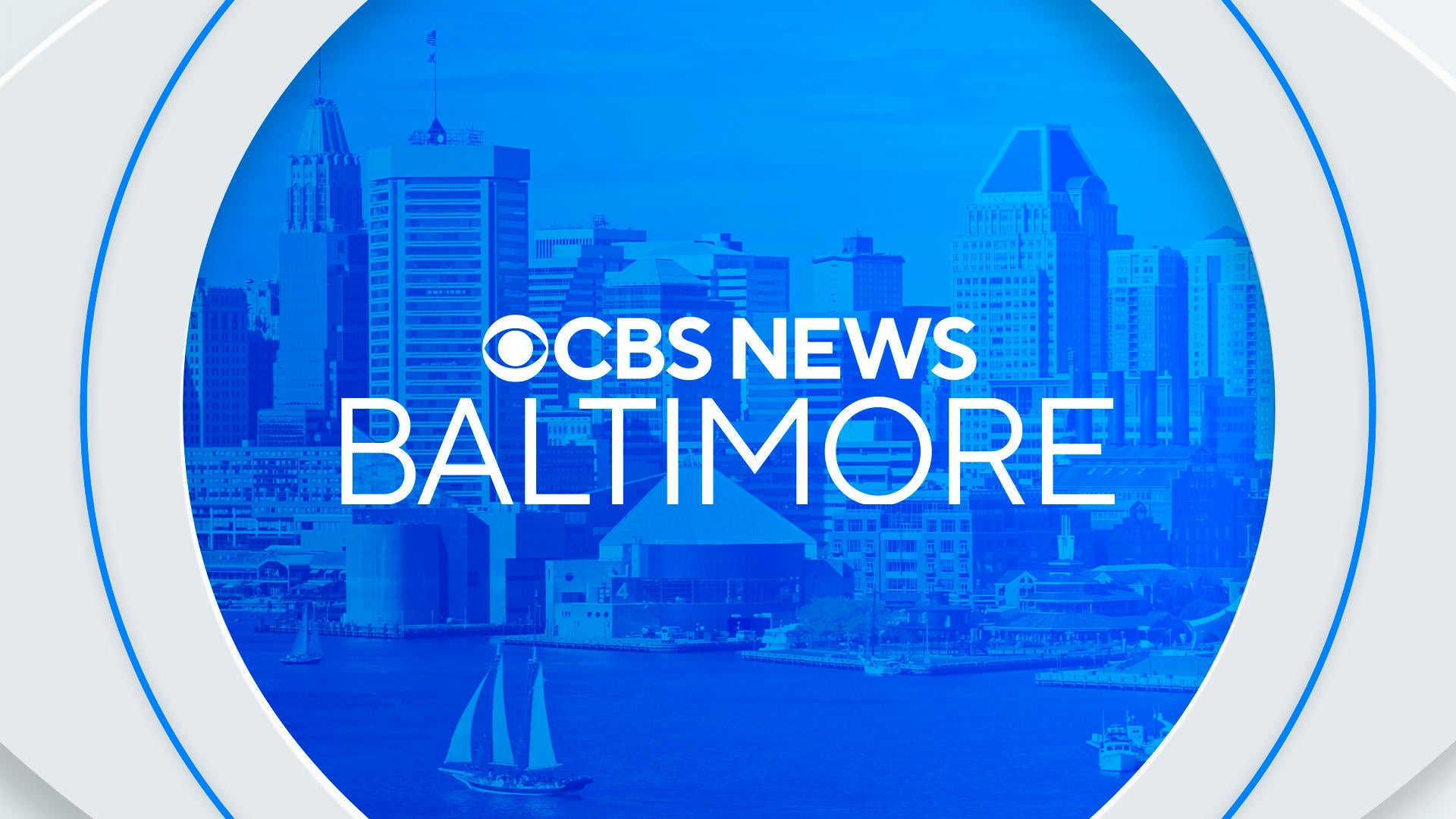Early Head Start programs will end in Cecil, Caroline counties after funding cuts, Maryland officials say
The Early Head Start program at the Maryland Rural Development Corporation (MRDC) is ending in Caroline and Cecil Counties on September 2, 2026, the MRDC said Thursday in a letter to families.
The program supports children's growth from birth to age five in areas related to learning and development.
The MRDC is the Head Start provider for Caroline, Kent, and Cecil Counties. In a letter written by MRDC Executive Director Charles Huester, the organization said it was shocked after recently learning that it would not be funded by the Office of Head Start.
"We recently learned that we would not be funded, and this has come as a shock to us, particularly given the Office of Head Start has failed to communicate or confirm there would be no funding for either county," the MRDC wrote in part.
Those with questions are asked to contact the MRDC by calling 410-479-3298 for the Caroline County office or 410-398-6681 for the Cecil County office.
The Office of Head Start can be reached directly at 202-401-9215 or 866-763-6481.
How does the Early Head Start program work?
The Early Head Start program is managed by the U.S. Department of Health and Human Services, which provides funding to school districts, local organizations, and other groups to implement the program.
"Across the country, school districts, nonprofit and for-profit groups, faith-based institutions, tribal councils, and other organizations qualify to become a Head Start recipient and receive federal funding," the national website reads.
In July, Howard County received a $12.6 million federal grant to expand Head Start.
The Community Action Council of Howard County, the county's Head Start program provider, emphasized that this expansion will benefit more families beyond childcare.
In September 2024, WJZ spoke to Lola Tenimowo, a mother of two, who said the program helped her daughter.
"My daughter got therapy [through Head Start]. She has a speech delay," Tenimowo said. "She got [in the program] when she was three, [and now] she is going to kindergarten without any delays at all."
The grant runs for five years and will help provide infants, toddlers, and two-year-olds with year-round, full-day classes starting next school year.
